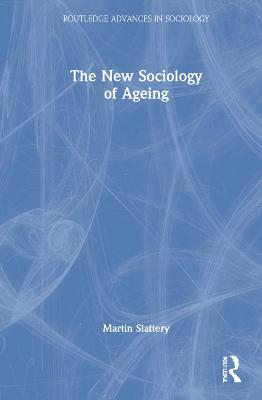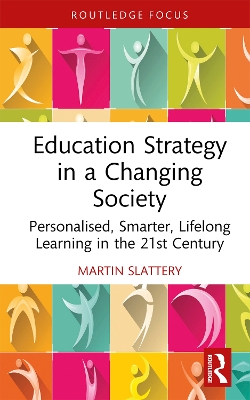Routledge Advances in Sociology
2 total works
The New Sociology of Ageing explores the challenges and opportunities of ageing as a global force. Alongside globalisation, urbanisation, new technology, climate change, and global pandemics, ageing is transforming life in the twenty-first century.
Through the eyes of a young sociology student and her multigenerational family, this book sets out a new sociological framework to interpret ageing societies. It explores how the ‘New Old’ – the baby boomer generation – might be mobilised as an agency of social change in transforming later life. It proposes this generation as the co-architects of a new intergenerational social contract for the era ahead, rather than as the recipients of a post-war twentieth-century social contract that society can no longer support. Taking Britain as a case study and societies across the world as examples, Slattery explores emerging revolutions in work and retirement, potential crises in pensions, healthcare and housing, as well as transformations in family life and in our attitudes to sex and death in later life.
This book provides a clear overview of the sociology of ageing. It introduces students to demography as a sociological force of the future, and to the perils and the promises of longevity as societies across the world approach the Hundred-Year Life. This book will be of interest to undergraduate students and early scholars in the social sciences, particularly in sociology, gerontology, social policy, and public health.
Placing the UK in a global context, this book engages with the emerging international debate on the future of education in the 21st century. It examines the post-pandemic paradigm shift in educational practice in countries around the world and presents international case studies of emerging future practice.
However, while it embraces the global context and the mega-forces therein, it is specifically focused on the challenges for education in England today and the potential strategies for moving forward to the all-inclusive, personalised, smarter and lifelong learning needed for tomorrow. In doing so, it explores how the new curriculum models, new approaches to pedagogy and new educational technology, such as AI and even robotics, might help to transform education in England, help “level-up” learning and help younger generations cope not only with the future as we know it but also the future that we don’t.
This book will appeal to policymakers, students and scholars interested in the sociology of education, education policy, international education, international development and future studies, as well as those with a general interest in Education in the future.

